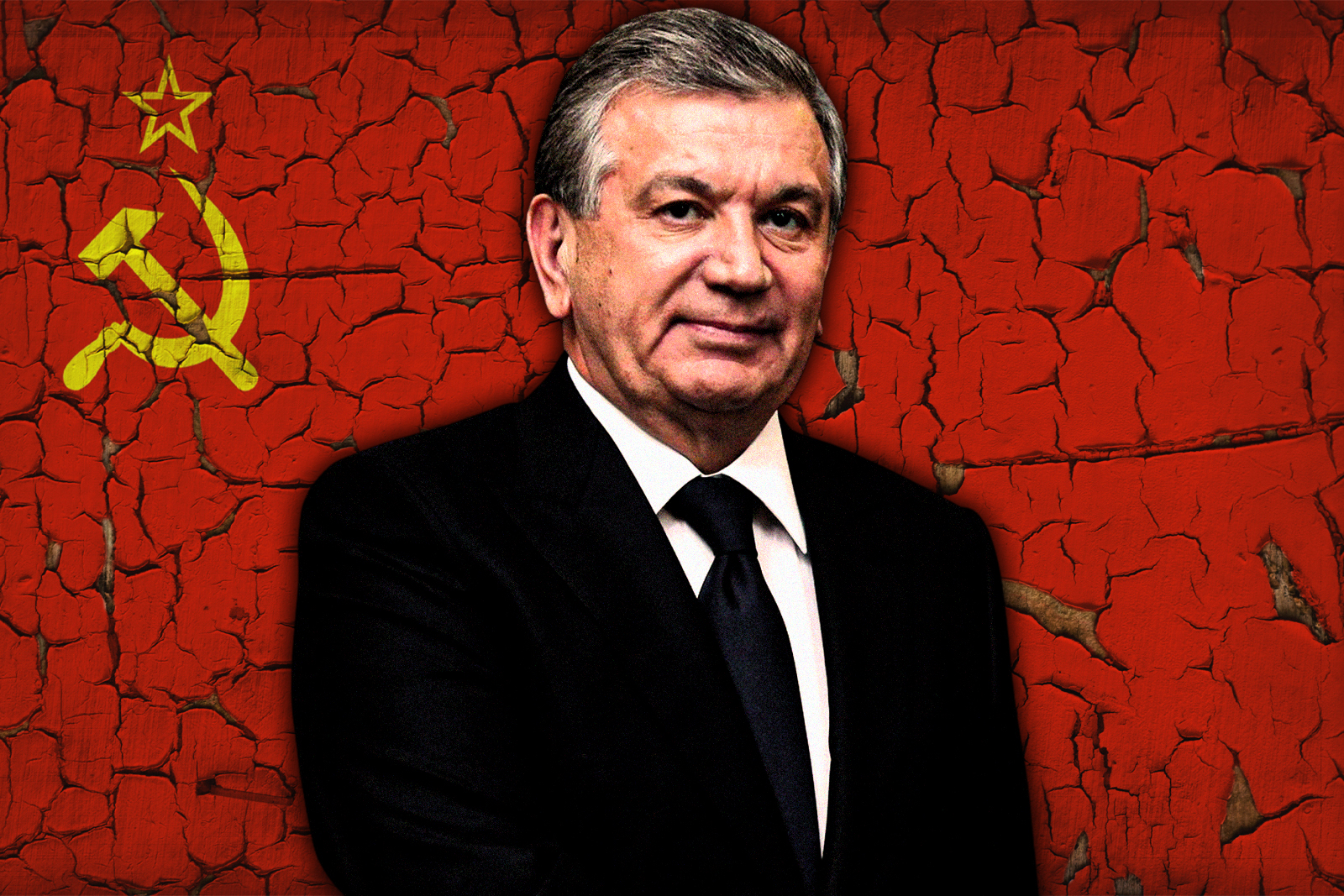
Shaking Off the Shackles of a Soviet Legacy
Since President Shavkat Mirziyoyev took office in December 2016, Uzbekistan has undergone a profound transformation, particularly in the economic sphere.
Emerging from an isolationist, state-led, and uncompetitive economy, Uzbekistan has positioned itself as a “beacon” for global investors seeking new frontiers for growth. This dynamic reform agenda is central to the current regime’s efforts to thrust the nation into the modern world, shedding its Soviet past in the process.
The nation’s transformation encompasses political, economic, and social modernization. However, challenges remain, particularly concerning human rights, political freedoms, and anti-corruption efforts. While Uzbekistan rarely captures the international media’s attention, it will step into the spotlight next month when the country holds parliamentary elections.
On October 27, five political parties will compete to elect 150 MPs in the Oliy Majlis (the legislative chamber), alongside nearly 6,000 members of local Councils of People’s Deputies. The contesting parties include the Movement of Entrepreneurs and Businesspeople – Liberal Democratic Party of Uzbekistan, Democratic Party “Milliy Tiklanish,” Ecological Party of Uzbekistan, People’s Democratic Party of Uzbekistan, and the Social Democratic Party “Adolat.”
These elections are pivotal, being the first since sweeping reforms were introduced in 2023. Last year’s constitutional referendum empowered the parliament, and for the first time, the elections will operate under a majority-proportional system. In a significant milestone for the country, at least two out of every five candidates must be women, reflecting a growing commitment to gender equality in Uzbekistan’s political sphere.
This election is seen as a litmus test for the pace of Uzbekistan’s reform agenda. President Mirziyoyev has introduced a range of initiatives, from currency liberalization and economic privatization to cutting red tape for entrepreneurs and speeding up the country’s accession to the World Trade Organization.
Alberto Turkstra, a veteran observer of the region and co-founder of the Brussels-Uzbekistan Friendship Group, notes that these reforms have already delivered “visible and meaningful” outcomes, benefiting both economic growth and citizens’ well-being. He highlights Uzbekistan’s ambitious targets, including halving its poverty rate by 2026 and attaining upper-middle-income status by 2030.
Uzbekistan’s investment appeal has also grown considerably. The annual Tashkent International Investment Forum, first held in 2022, drew over 2,500 participants from more than 90 countries this year. Deals worth $26.6 billion were signed, more than doubling the previous year’s $11 billion in agreements. With a youthful and growing population of 37 million, Uzbekistan’s strategic location between Asia and Europe, rich natural resources, and competitive costs create an enticing environment for global investors, according to Turkstra.
International financial institutions, including the IMF and World Bank, have issued broadly positive forecasts for Uzbekistan. An IMF mission earlier this year commended the government’s efforts to reduce poverty, control inflation, foster income growth, and shrink the fiscal deficit. Despite global headwinds, such as the COVID-19 pandemic and the economic fallout from the Russia-Ukraine war, Uzbekistan’s economy continues to perform robustly, maintaining solid GDP growth.
Beyond the economic realm, steps have been taken to make Uzbekistan’s civil service more accountable to its citizens. Turkstra notes that media and civil society now enjoy “slightly more freedom” to operate, and bureaucratic barriers limiting citizens’ mobility have been reduced.
On the foreign policy front, Uzbekistan has mended ties with key international partners. A notable achievement is the rapprochement with neighboring countries, including Tajikistan and Kyrgyzstan, transforming previously fraught relations into cooperative ones. To mitigate geopolitical risks, Tashkent has adopted a multi-vector foreign policy, opening new channels of trade and investment across the globe.
Relations with the European Union have improved dramatically, culminating in the negotiation of a next-generation Enhanced Partnership and Cooperation Agreement (EPCA), which modernizes the regulatory framework for trade and economic relations. The eradication of systemic forced labor, including child labor in the cotton industry, has been a key factor in this rapprochement. This achievement also paved the way for Uzbekistan’s inclusion in the EU’s Generalised Scheme of Preferences Plus (GSP+) scheme in 2021, allowing duty-free exports of over 6,000 goods to the European market.
However, the country’s human rights record remains a point of contention. Organizations like Reporters Without Borders have criticized the government’s suppression of free journalism, labeling the media environment as one of “deafening imposed silence.” Freedom House also ranks Uzbekistan as “not free” in its global freedom index, a reminder of the ongoing challenges facing the country.
Despite its three decades of independence from the Soviet Union, Uzbekistan’s path to becoming a fully-fledged democracy remains uncertain. The upcoming elections are expected to provide a clearer picture of how far the country has come.
Nizamkhodjaev Zayniddin, chairman of Uzbekistan’s Central Election Commission, emphasized the importance of the diversity of choices available to voters in the upcoming election. “The five parties approved for participation in the parliamentary election offer citizens a range of choices as we would expect in any properly functioning democracy. The divergent ideologies represented will promote a healthy debate on which direction our economy should take and will ensure accountability for the parties who ultimately hold power. We anticipate a lively election campaign and a free and fair election that will move Uzbekistan forward on the road to mature democracy,” he said.
One thing is clear: next month’s election marks a historic step for a country still emerging from its post-Soviet legacy, but with its sights firmly set on a more democratic and prosperous future.

